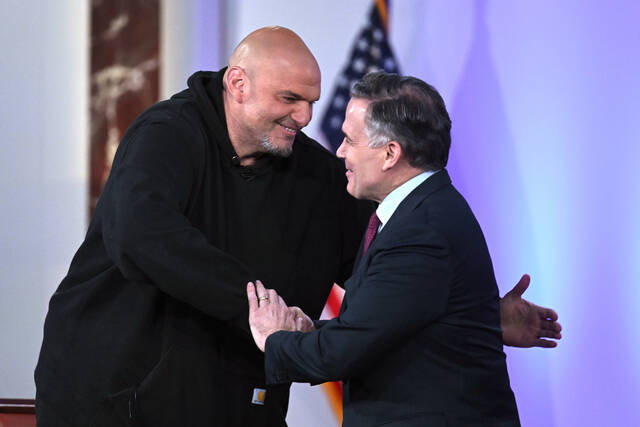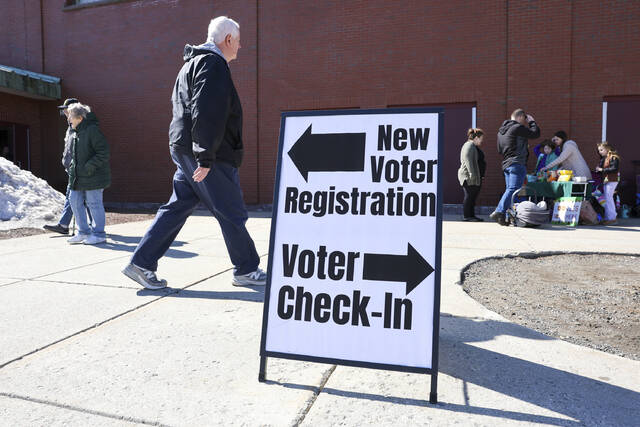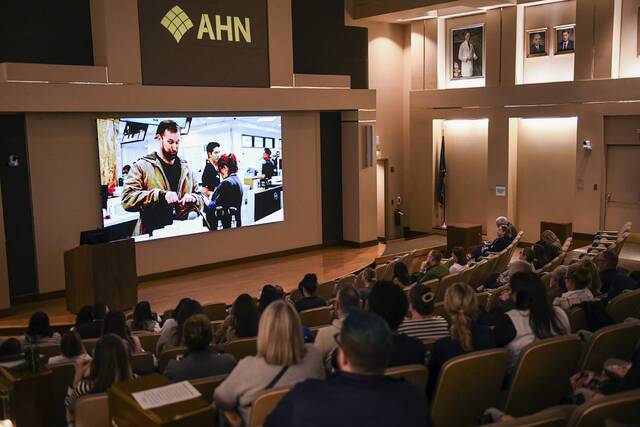Pittsburgh has important issues to address.
There’s crime, including gun violence. There is a police department that needs to staff up. There is homelessness. There are all of the typical things a large city has to address, from economy to infrastructure to affordable housing and so much more.
And so the new thing on the table to tackle is …goose liver?
Councilman Bruce Kraus, D-South Side, sponsored or co-sponsored a package of related bills on animal rights that would seem to be the very definition of first-world problems.
They include a ban on fur sales and manufacturing within the city limits, a bill cosponsored by Erika Strassburger, D-Squirrel Hill.
There’s a second bill that would ban horse-drawn carriages, built on a 2017 bill about exotic animals. Strassburger and Kraus teamed up again for a bill outlawing foie gras within the city — unless the purveyor can prove the geese in question weren’t force-fed to enlarge their livers.
Any of these might be an issue to consider if there was a documented problem. If there is proof of animal abuse, animals should be protected, whether they are dogs or cats or carriage horses.
But Kraus’ carriage bill is not about abused animals in Pittsburgh. It’s a result of seeing an animal in New Orleans.
“I looked him in the eyes, and that horse was dead,” Kraus said. “I thought, what a horrible way to live your life, for your entertainment value.”
So why not ensure that animals in Pittsburgh are fairly and humanely treated instead of outlawing a business?
Fur is certainly a controversial topic with zealous opponents. It’s also a rather niche market to target for legislation. Why are other animal products like leather not addressed? There are certainly more places selling shoes or belts or footballs than there are mink coats. Foie gras may be a fatty delicacy, but it’s a thin slice of the foodie market.
Even Kraus admits the legislation isn’t exactly exigent. He acknowledged there is no bustling business for any of the bills, calling the proposals “preventive in nature because we don’t have anything on the books.”
It is definitely possible to juggle more than one important topic. There is time to address critical problems like gun crimes and homelessness at the same time the city tries to improve bridges and make sure the lights stay on and the bills get paid. There’s even bandwidth to throw in extras that improve lives like parks and the arts.
But that doesn’t mean laws need to be made for the sake of having laws to prevent problems people admit are not in the making.








